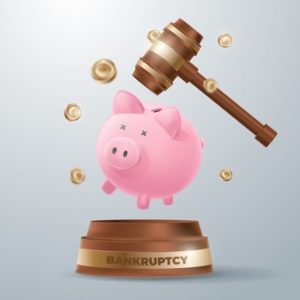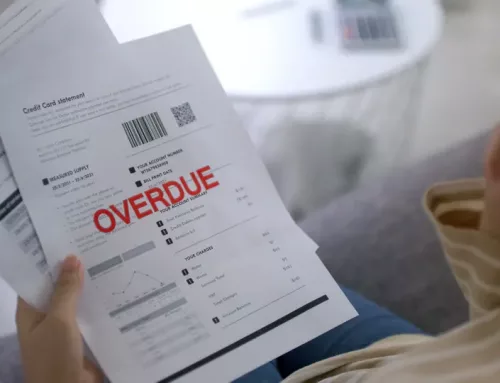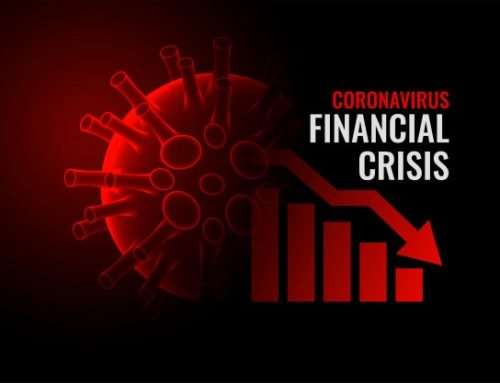While filing bankruptcy Chapter 7 is often regarded as a fast route to debt relief, some still avoid this option due to the erroneous beliefs about what it does to the filer. To avoid limiting your options when faced with serious financial problems, get yourself acquainted with the following information about what this type of bankruptcy is and what it isn’t.
What is Chapter 7 Bankruptcy?
- It is a liquidation bankruptcy. The reason behind such a name is that it discharges almost all of your unsecured debts, which include credit card balances, medical bills, and your personal loans.
- It is the most common type of bankruptcy filed. In fact, according to 2019 statistics released by the Administrative Office of the U.S. Courts, there were over 400,000 Chapter 7 filings which accounted for 62% of annual bankruptcy filings.
- It is available to anyone who passes the “means test’’. The only requirement to qualify for declaring bankruptcy under this chapter is to pass a test which shall examine your financial records, monthly income, expenses, unsecured and secured debts.
- It will halt your lender’s collection activities. The best thing about Chapter 7 is that it can stop foreclosure and all your creditor’s demands and harassment because of the automatic stay issued by the bankruptcy court.
What are the misconceptions in filing Chapter 7?
 Although it is the most preferred among the different types of bankruptcy, filing is often turned down by civilians in fear of the following misconceptions.
Although it is the most preferred among the different types of bankruptcy, filing is often turned down by civilians in fear of the following misconceptions.
- You will lose everything. Although you may lose properties that are not exempt from sale through the bankruptcy trustee, such as luxury possessions, the bankruptcy law has a provision to help keep your basic assets like your home, vehicle, personal computers, and work equipment.
- Bankruptcy cases will ruin your future. This is perhaps the biggest fear of debtors which drive them to not file bankruptcy. It is true that a record of declaring bankruptcy will hurt your credit score in the future and make it more difficult to get loans, but this effect is not permanent. In fact, rebuilding your credit can be done if you commit to maintaining a good record of payments.
- A bankruptcy filing is a sign of failure. A debtor may also avoid bankruptcy, or only consider it as a last resort, to save face as it is often misconstrued to reflect character flaw. The truth is that people file for bankruptcy as a remedy to situations often brought about by unforeseen events or sudden illnesses.
- All of your debts will be discharged. Some of the eager debtors who filed a bankruptcy mistakenly believe that all their debts will be wiped out. However, bankruptcy does not save you from your personal obligation to pay off the following: income taxes, child support, alimony, or student loans. Bankruptcy exemptions vary from state to state. In this regard, a bankruptcy law firm based in Arizona will be very helpful if you intend to file for bankruptcy.
Why should I consider filing for bankruptcy?
If your debt is eating up more than half of your annual income, and you are facing insolvency and have little ability to pay back within the next five years, then bankruptcy (Chapter 7) is your best option to attain a debt-free future.
Don’t allow yourself to be overwhelmed with financial worries as it may interfere with the other aspects of your life, such as your relationships and your ability to have a peaceful rest. After reading what bankruptcy is and what it isn’t, if you believe that your situation is urgent, consider getting legal help from a bankruptcy lawyer to get started with achieving your solution. Experienced bankruptcy lawyers will help you with the paperwork and will work hard to get you through the bankruptcy proceedings.
You may start by consulting with Phoenix Fresh Start Bankruptcy Attorneys, the affordable bankruptcy attorney in Phoenix, Arizona. Call our office today to know more about the Chapter 7 bankruptcy process











